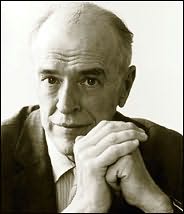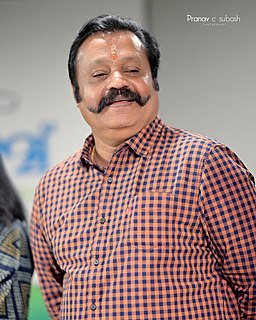A Quote by Benjamin Franklin
Nothing is so tiresome to one's self, as well as so odious to others, as disguise and affectation.
Related Quotes
I have nothing but myself to write about, no facts, no theories, no opinions, no adventures, no sentiments, nothing but my own poor barren individualism, of considerable interest to me, but I do not know why I should presume it will be so to you. Egotism is not tiresome, or it ought not to be, if one is sincere about oneself; but it is so hard to be sincere. Well, never mind, I mean to be, and you know me well enough to see through me when I am humbugging.
We need others for our physical, emotional, and spiritual well-being. Without others we are nothing. Our sense that we are an island, an independent, self-sufficient individual, bears no relation to reality. It is closer to the truth to picture ourself as a cell in the vast body of life, distinct yet intimately bound up with all living beings. We cannot exist without others, and they in turn are affected by everything we do. The idea that it is possible to secure our own welfare while neglecting the welfare of others, or even at the expense of others, is completely unrealistic.
Selfish is an exploitation of others for self; selfless is an exploitation of self for others. Both are extrinsic. ..... Selfness. When selfness prevails, the qualities of others are sometimes used for self and the qualities of self are often extended to others. The basic and key difference is that exploitation is never the object of the outcome.
When a new writer defends his "style," the teacher smiles (or cringes) because real style isn't an artifice. Real style - voice - arrives on its own, as an extension of a writer's character. When style is done self-consciously and purposefully it becomes affectation, and as transparent as any affectation - an English accent on an old college chum from New Jersey, for example.
Lent is a fitting time for self-denial; we would do well to ask ourselves what we can give up in order to help and enrich others by our own poverty. Let us not forget that real poverty hurts: no self-denial is real without this dimension of penance. I distrust a charity that costs nothing and does not hurt.
Emotional dependence is the opposite of emotional strength. It means needing to have others to survive, wanting others to "do it for us," and depending on others to give us our self-image, make our decisions, and take care of us financially. When we are emotionally dependent, we look to others for our happiness, our concept of "self," and our emotional well-being. Such vulnerability necessitates a search for and dependence on outer support for a sense of our own worth.


































